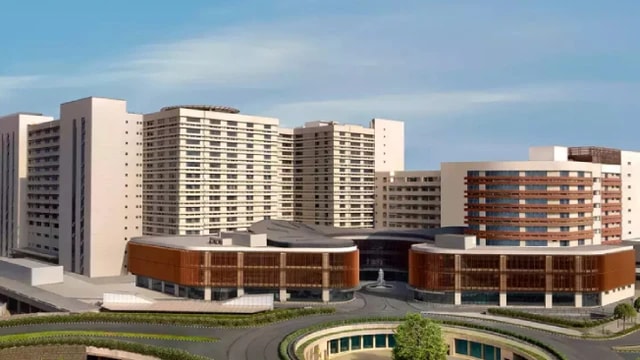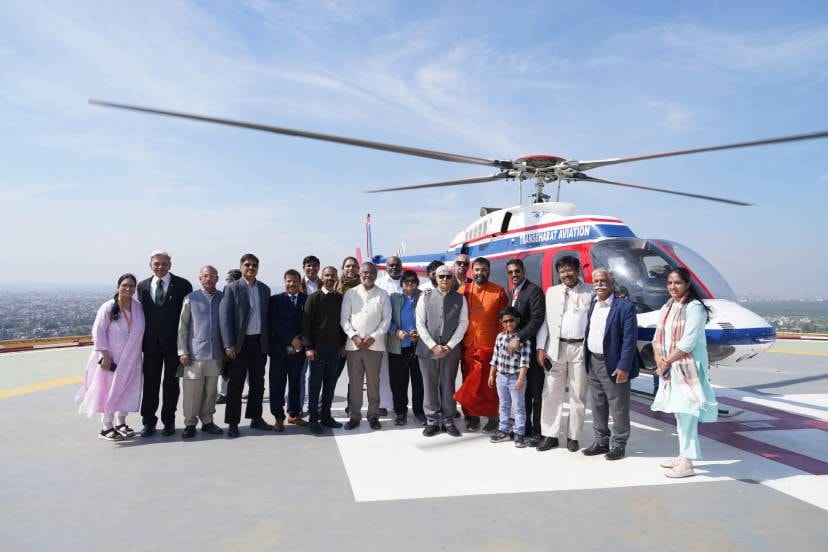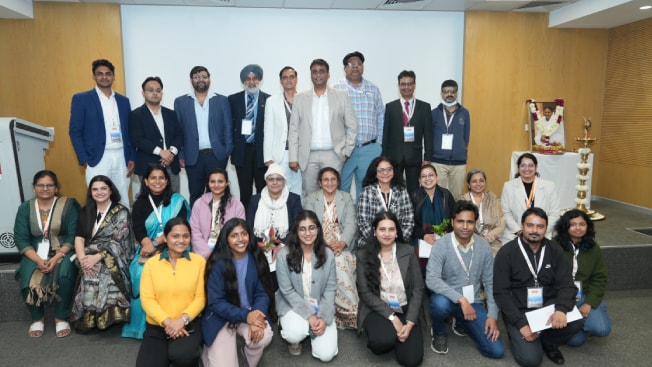
Three women with serious heart conditions, who were refused treatment by other major hospitals due to the high risk involved, received successful surgeries at Amrita Hospital, Faridabad, and are now recovering well.
The patients were Santosh Yadav (60), Roofia Parveen Khan (61), and Indu Kumari (28), a tribal woman from a remote village in Jharkhand. All suffered from advanced heart valve disease and were declared “inoperable” because of their age, frailty, or other health issues.
Indu Kumari’s case was particularly critical. Her heart had grown nearly four times its normal size after years of untreated rheumatic heart disease. Weighing just 35 kg and struggling to breathe, she was turned away from surgery five years ago due to financial constraints and lack of access to care. When she arrived at Amrita Hospital in April, she was close to collapse with a severely enlarged left atrium and a dangerous irregular heartbeat.
Led by Dr. Sameer Bhate, Head of Cardiac Surgery, the team performed a high-risk surgery that included replacing her damaged mitral valve, repairing the tricuspid valve, and performing a Maze procedure to restore normal heart rhythm. Although she faced cardiac shock after the operation, her heart recovered remarkably, improving her heart function from 25% to 55% by discharge. To accommodate her remote living situation and limited access to regular blood tests, doctors implanted a tissue valve instead of a mechanical valve. The surgery was supported under the Ayushman Bharat scheme.
Dr. Bhate said, “We saw a young woman fighting for survival. She didn’t need a perfect solution; she needed a second chance at life. That guided our decisions.”
Santosh Yadav and Roofia Parveen Khan also faced severe heart valve disease and were rejected by several hospitals due to the high surgical risk. Amrita Hospital’s cardiac team carefully reviewed their cases and decided surgery was necessary and possible. Both women underwent valve replacement surgeries and are now recovering well.
Santosh shared, “Three hospitals said I wouldn’t survive, but here, the doctors gave me hope and treated me like a person, not just a patient.” Roofia added, “Before surgery, I could barely walk or breathe. This hospital treated me with dignity and gave me back my life.”
Heart disease remains the leading cause of death among Indian women, yet women often face underdiagnosis and undertreatment. Studies show women are less frequently referred for cardiac care and are more likely to be misdiagnosed during heart attacks.
Dr. Bhate concluded, “In these cases, risk scores showed a grim outlook. But we looked beyond numbers—we considered the patients’ will to live, their families’ hopes, and our responsibility as doctors. Medicine is not just textbooks; it’s also humanity.”


